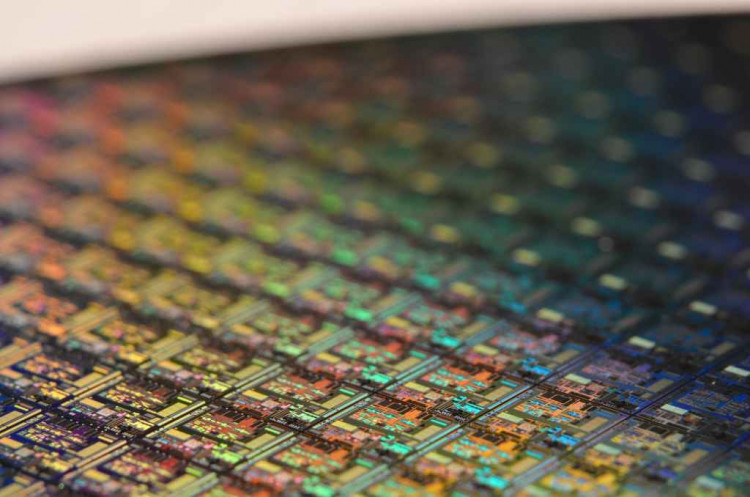According to a Taiwanese official, the U.S. held the first meeting of a working group with East Asian nations to discuss collaboration and supply chain resilience for semiconductors.
As the largest contract chip manufacturer in the world, Taiwan Semiconductor Manufacturing Co Ltd, as well as the South Korean memory chip goliaths Samsung Electronics Co Ltd and SK Hynix, as well as important Japanese suppliers of semiconductor materials and machinery, are all members of the group.
"We exchanged views at a first preliminary meeting, and hope everyone can discuss how to collaborate in the future on supply chain problems like the ones we recently encountered," Taiwan Economy Minister Wang Mei-hua said.
Supply chain management has become a higher priority for governments worldwide due to the global chip shortage that has disrupted supply chains over the past two years and forced automakers to halt production. Taiwan, a chip powerhouse, has benefited from this increased focus on supply chain management.
Representatives from South Korea and Japan were also present for the working group's preliminary meeting, called "Chip 4," Wang added.
Last month, President Tsai Ing-wen addressed a delegation of U.S. senators, stating that Taiwan is dedicated to ensuring that its friends have consistent access to semiconductors, or "democracy chips," and urging allies to strengthen cooperation in the face of escalating Chinese threats. Taiwan, which is administered democratically, is considered to be part of China. China's claims of sovereignty are denied by Taiwan's government.
The U.S. East Asian Semiconductor Supply Chain Resiliency Working Group held a preliminary meeting on Wednesday, according to the foreign ministry of South Korea, which was hosted by the de facto U.S. embassy in Taiwan - American Institute in Taiwan (AIT).
The head of Samsung's chip division, Kyung Kye-hyun, stated earlier this month that his organization has voiced issues with the proposed Chip 4 alliance, including the requirement that South Korea first seek China's understanding before engaging in any negotiations.
The Chip 4 Alliance represents more than 70% of the value of the worldwide semiconductor sector when combined with Japan, the US, and South Korea. However, information regarding the alliance's internal operations has remained classified. The alliance might be a platform for the four parties to coordinate their industrial strategies, such as the distribution of subsidies and the management of exports to China.
Washington is reportedly driving an effort to develop new policy coordination with other major chip companies in an effort to ensure a consistent supply of chips, which is important to maintaining its competitive edge in both military and commercial technologies, as the conflict with Beijing intensifies.





